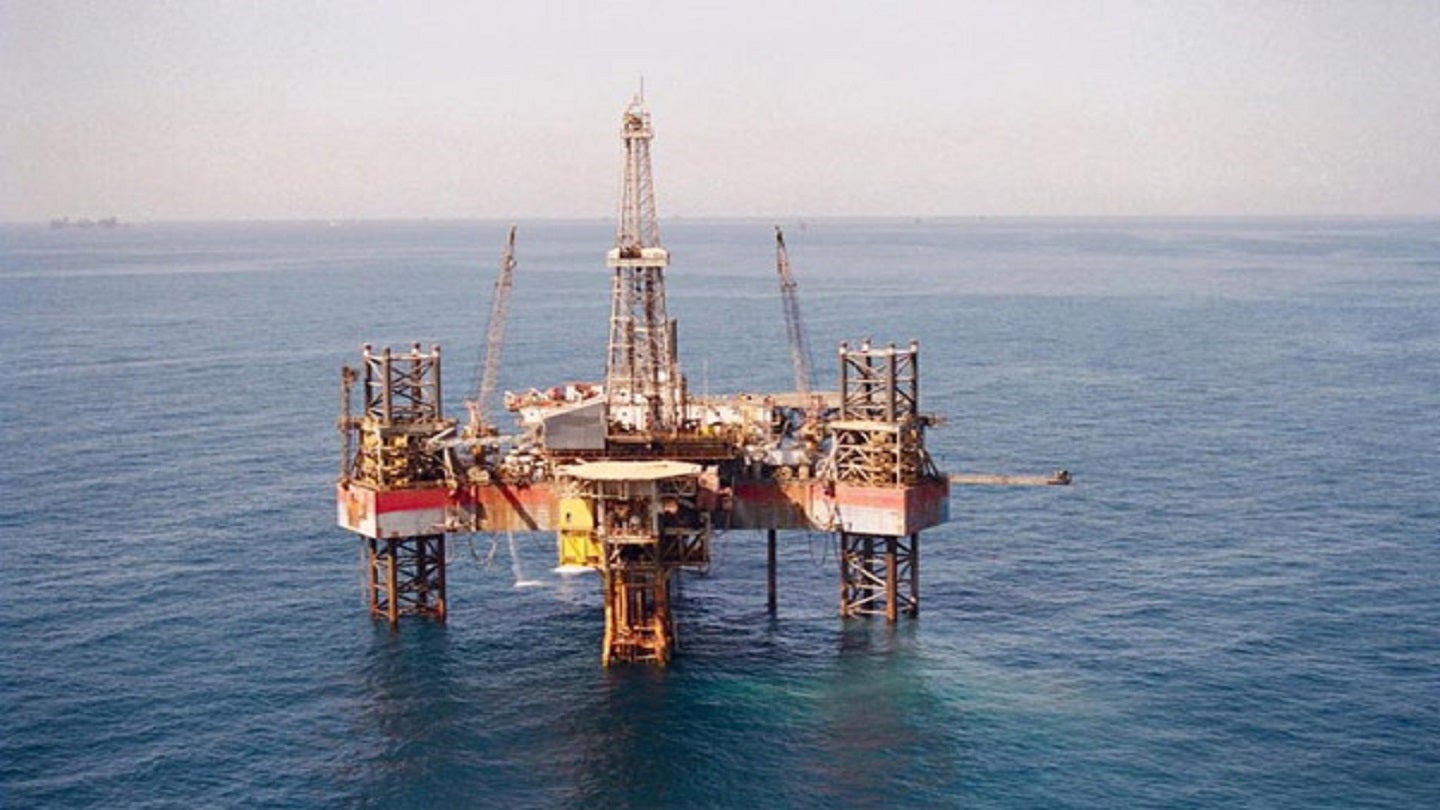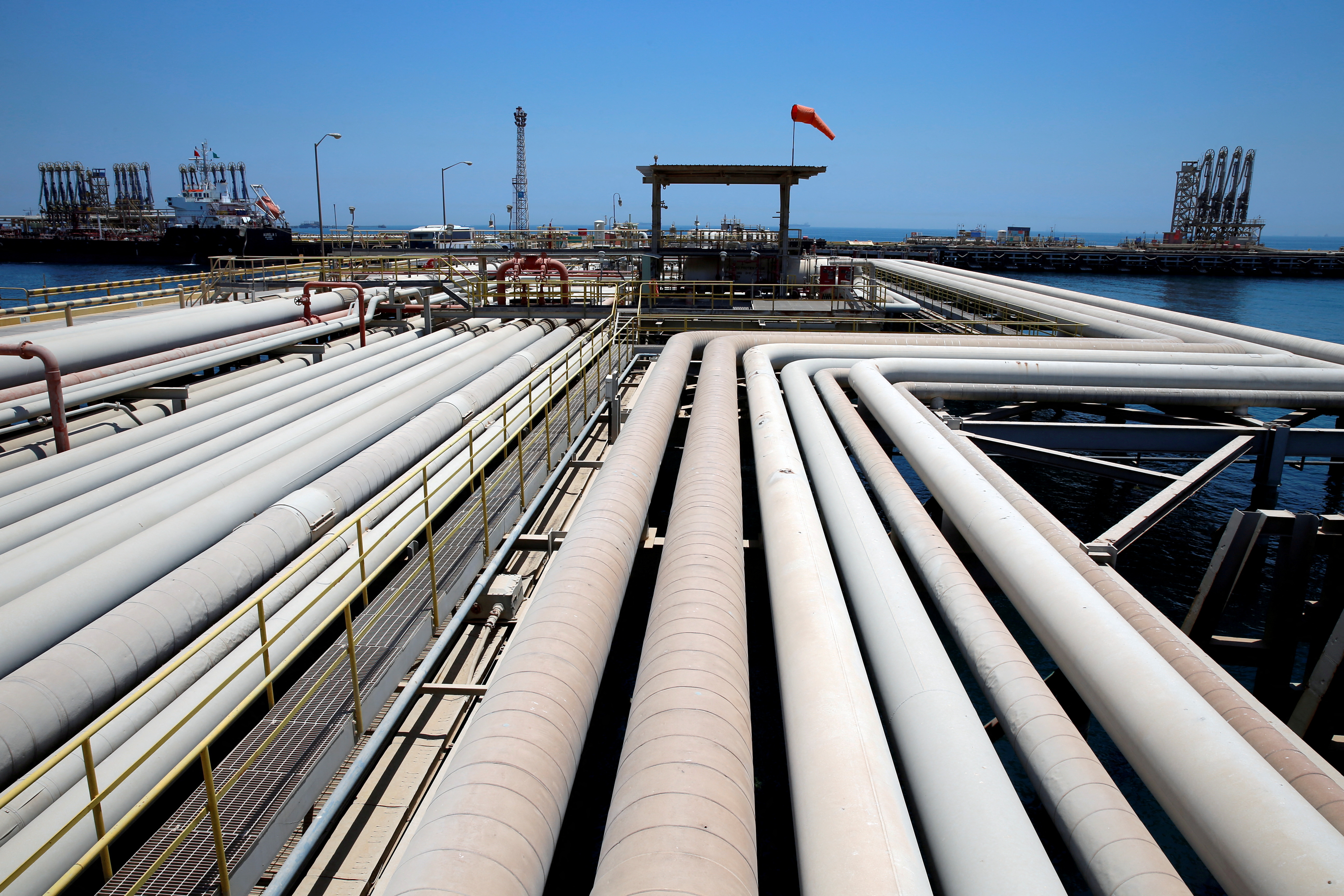India’s Oil Dependency on Venezuela 2023

India’s Oil Dependency on Venezuela 2023
India’s dependence on crude oil imports to meet its energy needs is a well-known fact. With limited domestic production, the country heavily relies on oil imports to fuel its economy and sustain its rapid growth.
However, recent remarks by Hardeep Singh Puri, India’s former Minister of Petroleum and Natural Gas, have raised concerns about the potential impact of increased crude oil imports from Venezuela on India’s energy security and economy.

In the face of growing concerns about declining Russian oil discounts and speculation that India may reevaluate Venezuela as a major importer, Oil Minister Hardeep Singh Puri stated that crude oil shipments from Venezuela to India can have a sobering impact on the market.
After the discounts provided by the latter diminished, India’s imports of Russian crude oil fell in October from a peak of over 2 million barrels per day earlier this year.
Because of its cheap barrels, S&P Global analysts see Venezuela as an emerging market where India can resume importing crude oil.

According to Kpler statistics, India’s imports of crude oil from Russia decreased to 1.57 million barrels per day in October from 1.78 million bpd in September. On the other hand, Saudi Arabian imports increased by over 65% month over month to 7,96,659 bpd.
In October, India imported 4.50 million barrels of crude oil, with approximately 35% of that amount coming from Russia, 21% from Iraq, and 18% from Saudi Arabia.
India is one of the world’s largest consumers of crude oil, making it heavily reliant on oil imports. According to the International Energy Agency (IEA), India’s crude oil consumption exceeded 5 million barrels per day (bpd) in 2021, and this demand is expected to continue growing in the coming years. Unfortunately, India’s domestic oil production falls significantly short of meeting this demand, necessitating large-scale imports.
The majority of India’s crude oil imports come from the Middle East, particularly from countries like Saudi Arabia, Iraq, and the United Arab Emirates.

These nations have traditionally been stable suppliers, ensuring a steady flow of oil to meet India’s energy needs. However, recent geopolitical tensions in the region and fluctuations in global oil prices have led India to explore alternative sources of crude oil, including Venezuela.
Venezuela, home to one of the world’s largest proven oil reserves, has faced significant economic and political turmoil in recent years.
The country’s oil production has plummeted due to mismanagement, sanctions, and a declining infrastructure. The state-owned oil company, PDVSA, has been plagued by corruption and inefficiency, making it an unreliable supplier of crude oil.

Despite these challenges, India has expressed interest in increasing its crude oil imports from Venezuela, primarily because of favorable pricing. However, Hardeep Singh Puri’s warning about the potential sobering effect of such imports should not be taken lightly.
Implications of Increased Venezuela Crude Oil Imports
- Political Instability: Venezuela’s political instability poses a significant risk to its ability to meet its oil commitments. The country has been embroiled in a power struggle between President Nicolás Maduro and opposition leader Juan Guaidó, leading to disruptions in its oil industry. Relying on Venezuela as a significant supplier could expose India to supply interruptions due to political turmoil.
- Sanctions and International Relations: Venezuela has been subject to international sanctions, primarily by the United States, which have targeted its oil sector. These sanctions could impact India’s ability to transact with Venezuelan entities and complicate its relationships with key international players, including the United States.
- Quality and Infrastructure Challenges: Venezuela’s oil production has declined not only in quantity but also in quality. The heavy, sour crude oil produced by Venezuela requires special processing facilities that India may not readily possess. Adapting its infrastructure to handle this type of crude can be costly and time-consuming.
- Diversification of Suppliers: Overreliance on a single source of crude oil can make India vulnerable to supply disruptions and price fluctuations. While diversifying sources is a sensible strategy, it should be balanced with considerations of political stability, quality, and long-term reliability.
India’s pursuit of increased crude oil imports from Venezuela may seem economically attractive due to favorable pricing, but it comes with substantial risks.
The remarks made by Hardeep Singh Puri highlight the need for India to carefully evaluate the implications of such a move on its energy security and diplomatic relations.

While diversifying sources of crude oil is essential, it should be done cautiously, considering the potential pitfalls associated with Venezuela’s oil industry challenges.
Ultimately, India must strike a balance between economic interests and the long-term stability of its energy supply chain.




